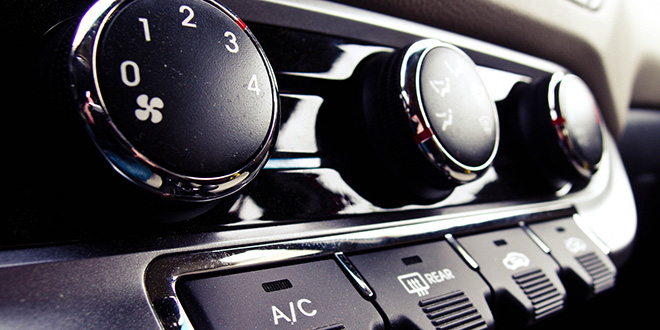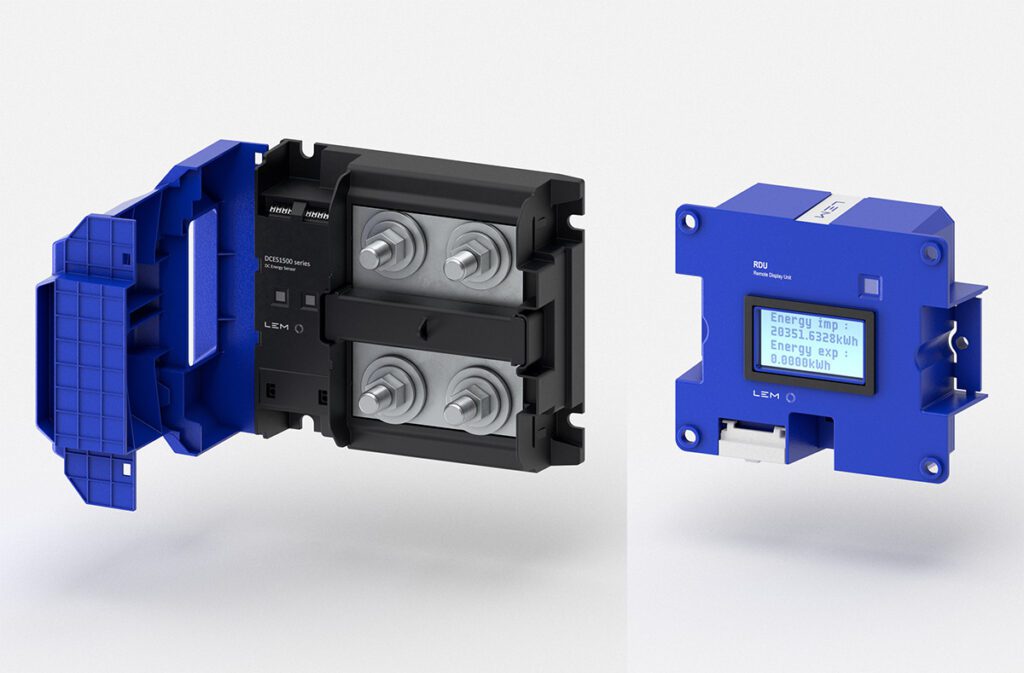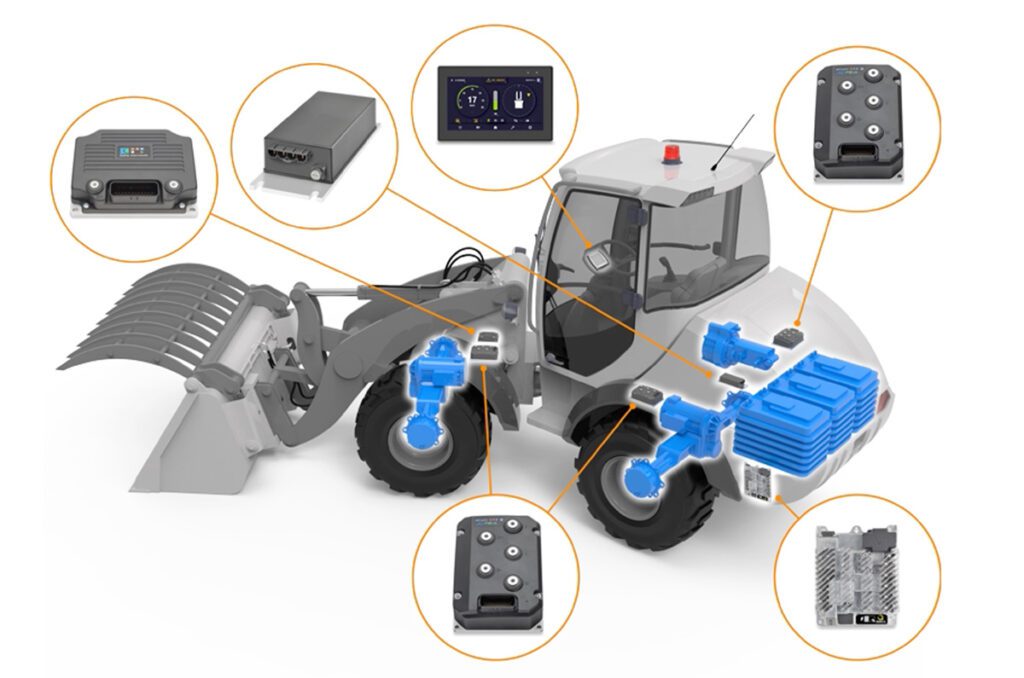A consortium of companies and organizations from 9 European countries is working to develop an energy-efficient climate control system, with the goal of reducing the energy used for heating and cooling in EVs by at least 50%. Heating and cooling consume large amounts of energy, so improved efficiency can translate to increased range.
The name of the €6.7-million ($7.5-million) JOSPEL project comes from the Joule and Peltier effects, which the researchers hope to harness. Joule heating refers to the conversion of an electric current into heat as it flows through a resistive material. The Peltier effect is the presence of heating or cooling at an electrified junction of two different conductors.
“The JOSPEL project is ambitious in size and scope, and we believe to be able to reduce not only the energy used for passenger comfort heating by at least 50%, but also to reduce the energy used for component cooling in extreme conditions by at least 30%,” said Project Coordinator Cristina Abad. “Both objectives will help make electric vehicles much more energy-efficient and marketable.”
SEE ALSO: Passenger-focused AC and heat saves energy and improves range
Source: Green Car Congress
Image: Scott Akerman (CC BY 2.0)




















































































